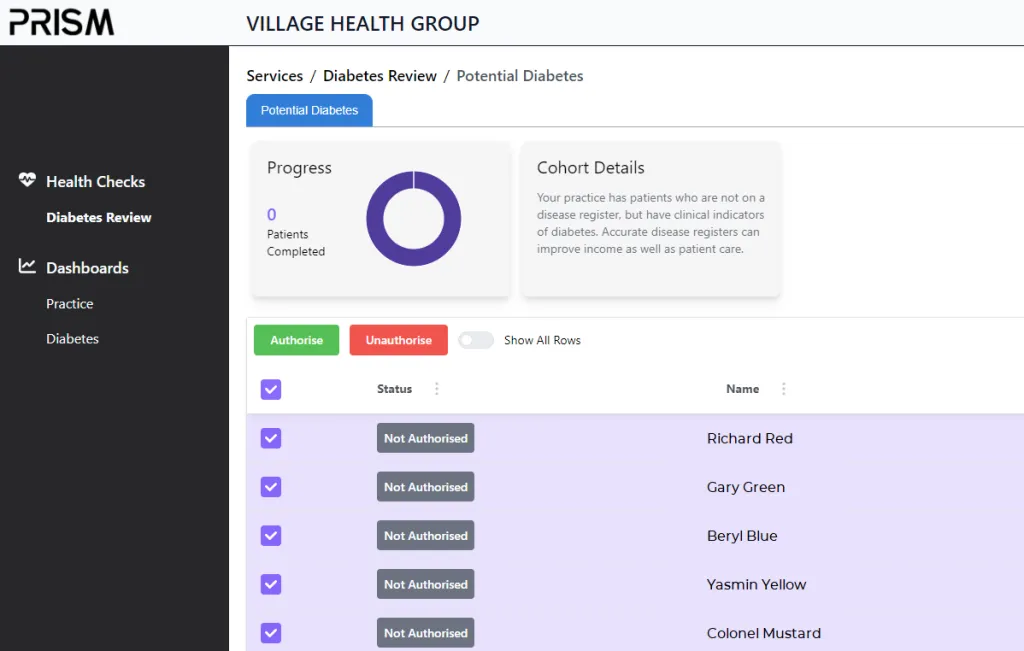What is Primary Care?
Primary care providers, including general practitioners (GPs), practice nurses, and pharmacists, play a crucial role in delivering fundamental healthcare services. Their focus spans from preventive measures to diagnosing and managing non-emergency conditions, all aimed at maintaining overall well-being.
The primary objective of primary care is to offer accessible and convenient healthcare services. These professionals address common minor ailments and chronic conditions, while also emphasising preventive healthcare through guidance, vaccinations, and screening initiatives. Additionally, primary care encompasses family planning and sexual health services, eliminating the necessity for a GP referral.
Within the healthcare system, general practice serves as the cornerstone of primary care in organisations like the NHS. GPs possess a wide-ranging expertise covering physical, mental, and emotional health concerns rather than specializing in specific diseases. Beyond identifying the root causes of symptoms, GPs advocate for patients, ensuring comprehensive care for individuals managing health issues. Depending on the nature of the condition, GPs may facilitate referrals to hospitals or specialists for further evaluation and treatment.
Life on the Front Line
Primary care services provide the first point of contact in the healthcare system, acting as the ‘front door’ of the NHS. Primary care includes general practice, community pharmacy, dental, and optometry (eye health) services.
Demand and complexity in general practice are increasing, and practices are facing a widening gap between patient demand and the capacity available to meet that demand. All practices have pressures and workforce challenges, with these often felt most acutely in practices working in areas of high need and deprivation, and in rural areas.
In short, General Practices are being asked to do more with less.

How much demand is there for Primary Care Services?
Appointment Levels are High
During the 12 months from March 2023 to February 2024, approximately 354.8 million standard appointments were booked in General Practice. Of those, approximately 67% were face-to-face, and approximately 44% were booked to take place on the same day.
Fewer doctors are looking after greater numbers of patients
At the same time, the number of practices is also falling. While many practices have entered into mergers, practices can also be closed for other reasons.
Whilst the GP workforce is declining, the number of patients is increasing. In February 2024, another record-high of 63.20 million patients were registered with GP practices in England.
As a result, the average number of patients each full-time equivalent GP is responsible for now stands at 2,298.
Source: BMA analysis of NHS General Practice Workforce data.
354,800,000
During the 12 months from March 2023 to February 2024, approximately 354.8 million standard (non-Covid-19 vaccination) appointments were booked.
30,500,000
30.5 Million standard appointments were delivered in General Practice in February 2024 alone
1,400,000
1.4 Million appointments per day were booked in from March 2023 to February 2024
67%
Two Thirds of appointments were delivered face-to-face
2,298
The average number of patients each full-time equivalent GP is responsible for
How We're Helping
The data is very clear – General Practice is underfunded and incredibly busy. Reviewing NICE guidance and engaging in clinical research can be time consuming, and as such, is often way down the priority list for Practice staff.
Unlocking Funding and Improving Patient Outcomes
Our Prism software is being used by General Practices and PCN’s across the UK to deliver improved patient outcomes through data and our experienced team of Clinical Pharmacists.
With Prism, General Practices can engage with clinical research studies which aim to help patients with rare or complex conditions access newly developed medications. Coupled with this, our Prism system can also identify patients which may not be on the latest NICE recommended treatments.
With a simple, one-click authorisation, GP’s can then engage our Pharmacist team to carry out reviews of these patients or invite them to take part in clinical research.

Prism
We designed Prism to help – It’s a no-hassle way of optimising and improving patient outcomes safely.
Importantly, the Prism software and Pharmacist service can be deployed quickly and easily to support General Practice in a multitude of ways, from generating additional practice income through clinical research, to performing therapy reviews for your patients.
We call Prism “free-or-better” for General Practice. We don’t charge for the software, and the service is funded by our partners, meaning that General Practices can improve outcomes with no impact on their workforce capacity and without cost to them.
learn more →